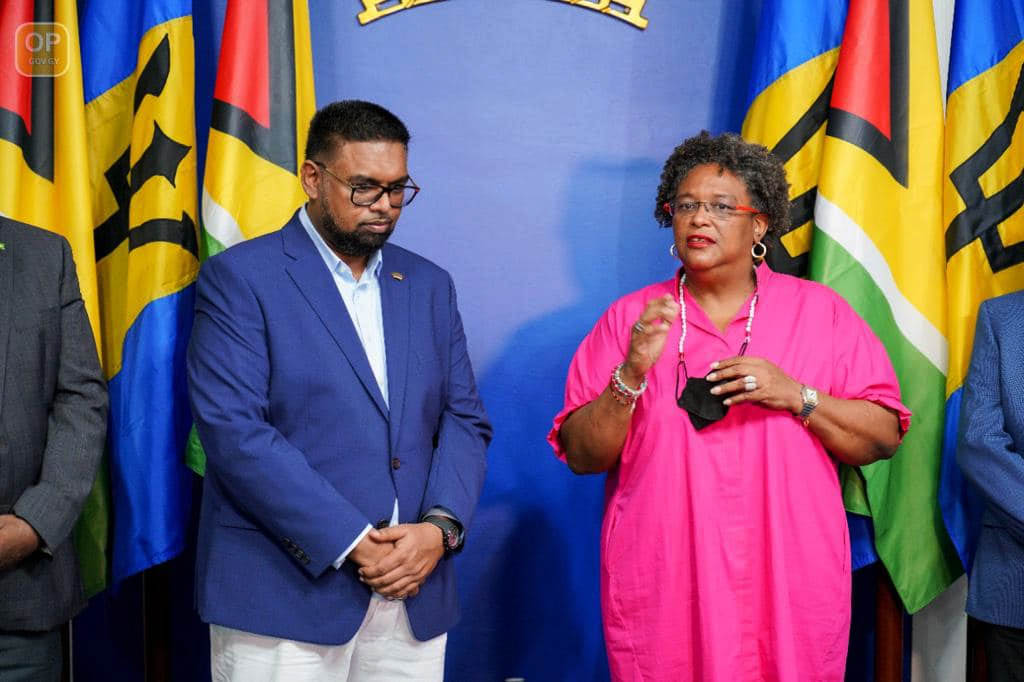Just over two years ago, on June 28, 2022, the World Bank released a missive titled ‘The Fight Against Food Insecurity in the Caribbean’ in which it outlined various global and regional circumstances that were, collectively, seriously degrading food security in the region and it was out of this that came a boisterous and seemingly energetic move on the part of CARICOM member countries to seek to create a template that might push back the worst excesses of food security in the region. The initiative, it will be recalled, caught the attention not just of the region but also of the various international organizations (some of which had, themselves echoed the alarm raised) regarding the fragility of the region’s food security bona fides.
CARICOM member states, it seemed, appeared to take immediate and serious note of the food security warning and it looked as though the region had settled on a regional food security initiative, responsibility for the execution having been assigned to the Heads of Government of Guyana and Barbados. The effective creation of a mechanism for the planning and execution of a mechanism through which the envisaged regional food security initiative could be realized, and the initiative itself, kick-started through various high-profile events staged in Georgetown and Bridgetown attended by an assortment of Heads of Government and private sector officials from across the region. At its inception, the regional food security undertaken was ‘sold’ to the people as an urgent undertaking particularly in the light of the earlier warnings that had come from organizations like the WHO and the FAO regarding health threats that might arise out of food sufficiency challenges.

